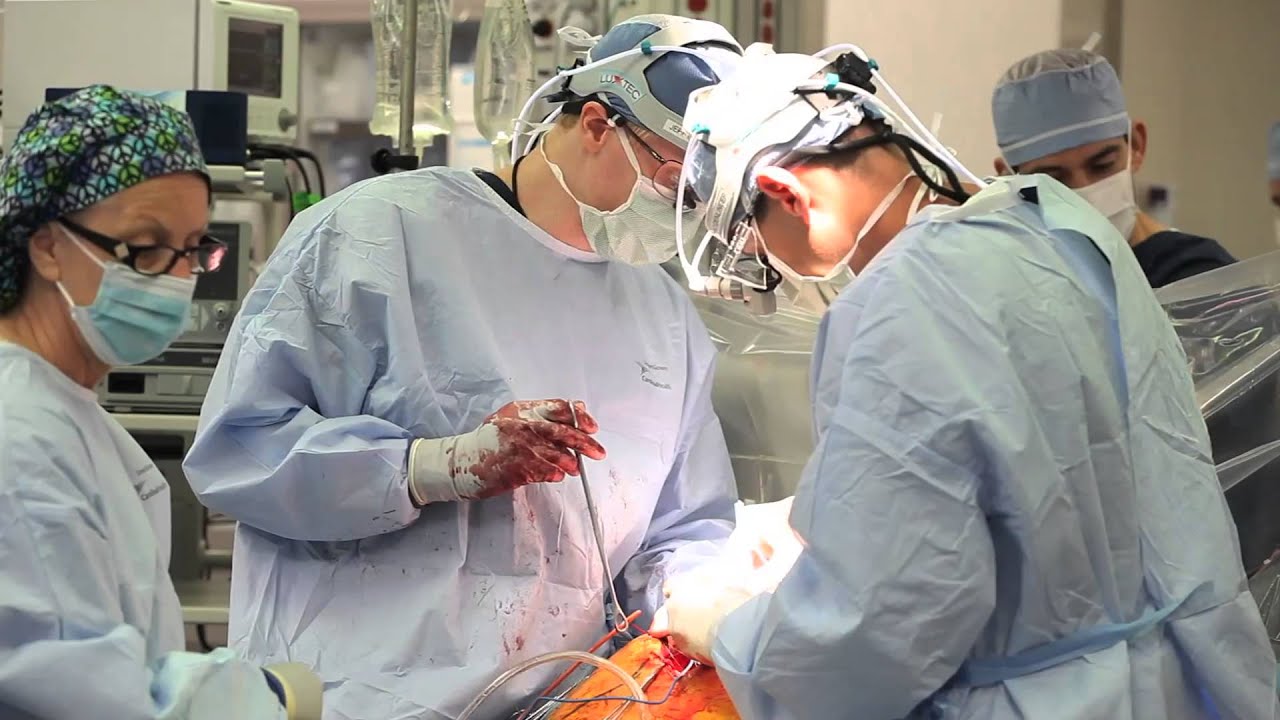
‘Ethics dumping’ taints organ transplant research
Expert demands that 400 papers be retracted
In the Age of The Donald, “dumping” is amongst the vilest of epithets. Countries like China have driven, the President claims, US companies out of business by flooding the market with cheap products. And in research it’s also a useful term, which, as The Economist pointed out recently, applies to the world of science and medicine as well.
Ethics dumping is the carrying out by researchers from one country (usually rich, and with strict regulations) in another (usually less well off, and with laxer laws) of an experiment that would not be permitted at home, or of one that might be permitted, but in a way that would be frowned on.
The European Commission coined the phrase to describe the export of unethical research practices to less demanding and usually poorer countries. It has set up a project called TRUST to expose and advocate for high ethical standards around the world.
More and more examples of this cynical practice are emerging. The most dramatic seems to have been the creation of gene-edited babies by Chinese scientist He Jiankui. Some American colleagues seem to have been aware of his plans and failed to blow the whistle. Michael Deem, of Rice University, was listed as a senior author on He’s paper. Three faculty members at Stanford University appear to have known about the project. And Nobel prize–winner Craig Mello, of the University of Massachusetts, may have been one of the first to know.
But this is small beer compared to the claim that 400 papers about organ transplantation written by Chinese scientists in English-language journals should be retracted because they failed to report whether the donors had given their consent. In the Chinese context, this is far more than a forgivable oversight. The very real possibility exists that the organs were sourced from condemned criminals – who may have been condemned for the sake of using their organs.
This was the claim of an article in BMJ Open. Its author, an Australian professor of clinical ethics, Wendy Rogers, told The Guardian that journals, researchers and clinicians who used the research were complicit in “barbaric” methods of organ procurement.
“There’s no real pressure from research leaders on China to be more transparent,” Rogers, from Macquarie University in Sydney, said. “Everyone seems to say, ‘It’s not our job’. The world’s silence on this barbaric issue must stop.” The article concludes by calling for retraction of the ethically tainted papers:
The transplant community has failed to implement ethical standards banning publication of research using material from executed prisoners. As a result, a large body of unethical published research now exists, raising questions of complicity to the extent that the transplant community uses and benefits from the results of this research. Our study has identified the extent of this problem as well as specific papers containing demonstrably false claims about organ sourcing. There has been a significant lack of vigilance and failure to adhere to accepted ethical standards by reviewers, editors and publishers … We call for immediate retraction of all papers reporting research based on use of organs from executed prisoners, and an international summit to develop future policy for handling Chinese transplant research.
Michael Cook is editor of BioEdge
Creative commons
https://www.bioedge.org/images/2008images/transplant_surgery.jpg
china
informed consent
transplant ethics
